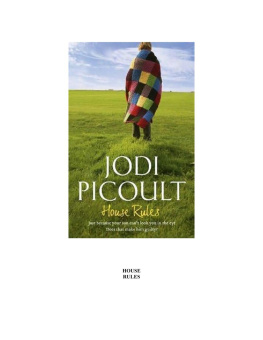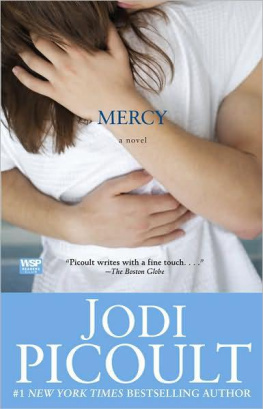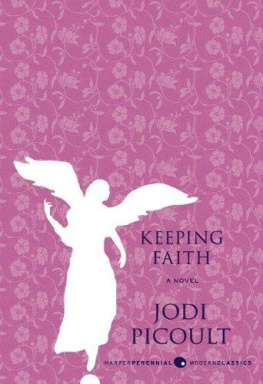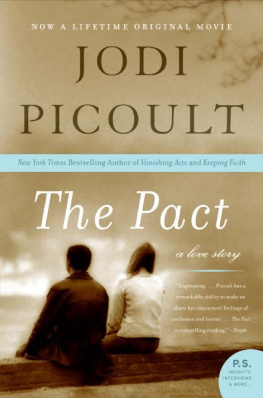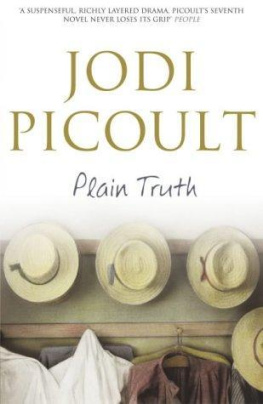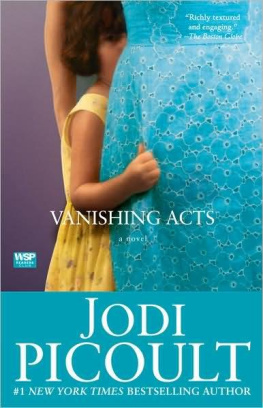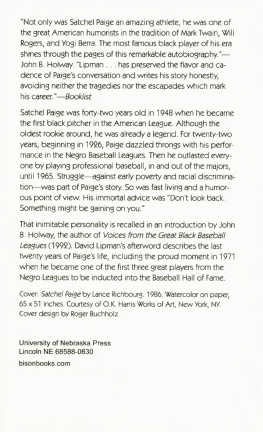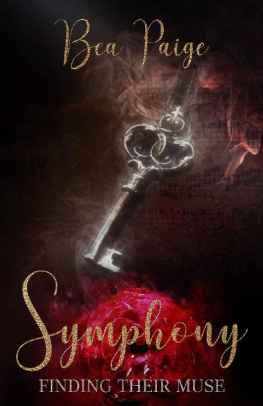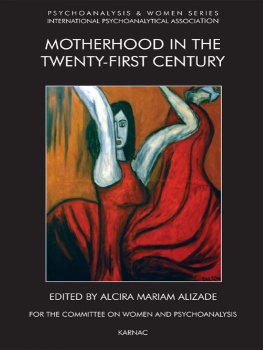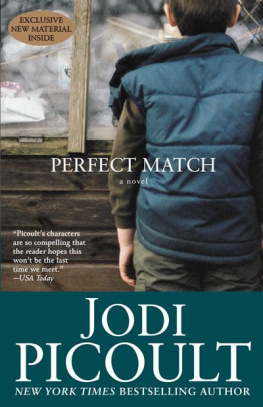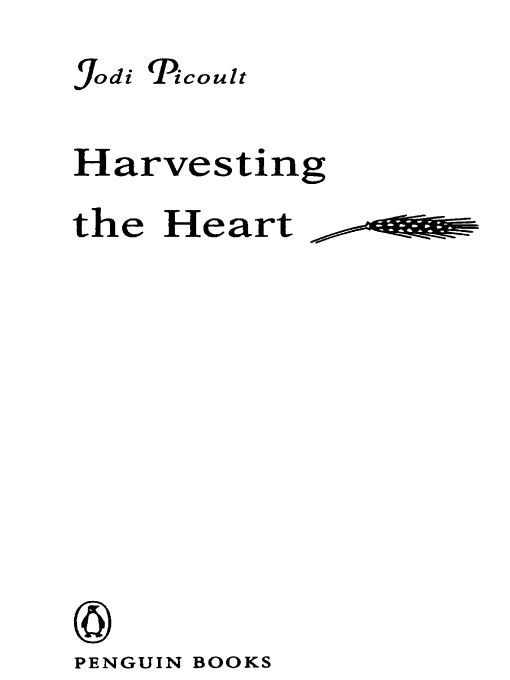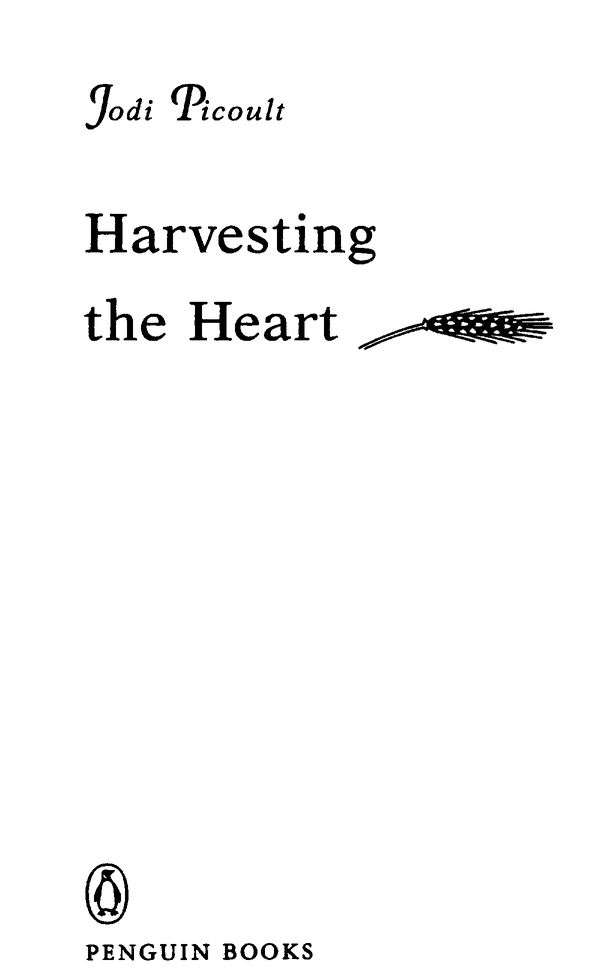Table of Contents
Praise forHarvesting the Heart
In this breathless, startling novel, Jodi Picoult reveals the fragile threads that hold people together, or let them break apart. Her narrative, especially her sense of family, is reminiscent of a young Anne Tyler. Hers is a remarkable new voice, and it tells us a story that goes straight to the heart.
Mary Morris, author of A Mothers Love and Nothing to Declare
Picoult weaves a beautiful tale from threads of sympathetic characters into a pattern told from two points of view, then fringes it with suspense and drama.
The Charlotte Observer
A brilliant, moving examination of motherhood, brimming with detail and emotion.
Richmond Timea-Dispatch
Picoults depiction of families and their relationships over time is rich and accurate.... Harvesting the Heart (is] a moving portrayal of the difficulties of marriage and parenthood.
Orlando Sentinel
Picoult considers various forces that can unite or fracture families and examines the complexities of the human heart in both literal and figurative ways.
Library Journal
Picoult brings her considerable talents to this contemporary story of a young woman in search of her identity.... Told in flashbacks, this is a realistic story of childhood and adolescence, the demands of motherhood, the hard paths of personal growth and the generosity of spirit required by love. Picoults imagery is startling and brilliant; her characters move credibly through this affecting drama.
Publishers Weekly
PENGUIN BOOKS
HARVESTING THE HEART
Jodi Picoult grew up in Nesconset, New York. She received her A.B. in Creative Writing from Princeton University and her M.Ed. from Harvard University. Harvesting the Heart was her second novel. Her others include My Sisters Keeper, Second Glance, Perfect Match, and Salem Falls. She received the 2003 New England Book Award, given by the New England Booksellers Association, for her body of work. Jodi Picoult lives in New Hampshire with her husband and three children. Visit her Web site at www.jodipicoult.com.
For Kyle Cameron van Leer,
through whose eyes I get a chance to rediscover the world
Acknowledgments
I am grateful to all the professionals who willingly shared their time and their expertise: Dr, James Umlas, Dr. Richard Stone, Andrea Greene, Frank Perla, Eddie LaPlume, Troy Dunn, Jack Gaylord, and Eliza Saunders. For their help with fact checking, baby-sitting, and brainstorming, thanks also to Christopher van Leer, Rebecca Piland, Kath leen Desmond, Jane Picoult, Jonathan Picoult, and Timothy van Leer. Special thanks to Mary Morris and Laura Gross, and a standing ovation to Caroline Whitewho is as wonderful an editor as she is a friend.
prologue
Paige
Nicholas wont let me into my own house, but I have been watching my family from a distance. So even though Ive been camping out on the front lawn, I know exactly when Nicholas takes Max into the nursery to change his diaper. The light switches onits a little dinosaur lamp that has a shade printed with prehistoric bonesand I see the silhouette of my husbands hands stripping away the Pampers.
When I left three months ago, I could have counted on one hand the number of times Nicholas had changed a diaper. But after all, what did I expect? He had no choice. Nicholas has always been a master at emergency situations.
Max is babbling, strings of syllables that run together like bright beads. Curious, I stand up and climb the low branches of the oak that stands closest to the house. With a little bit of effort, I can pull myself up so that my chin is level with the sill of the nursery. I have been in the dark for so long that when the yellow light of the room washes over me, I keep blinking.
Nicholas is zipping up Maxs blanket sleeper. When he leans close, Max reaches up, grabs his tie, and stuffs it in his mouth. It is when Nicholas pulls the tie away from our son that he sees me at the window. He picks up the baby and deliberately turns Maxs face away. He strides over to the window, the only one close enough to look into, and stares at me. Nicholas does not smile, he does not speak. Then he pulls the curtains closed, so that all I can see is a line of balloons and ponies and elephants playing trombonesall the smiling images I painted and prayed to when I was pregnant, hoping fairy tales could calm my fears and guarantee my son a happy childhood.

On this night when the moon is so white and heavy that I cannot sleep without fearing I will be crushed, I remember the dream that led me to my missing mother. Of course I know now that it was not a dream at all, that it was true, for whatever that is worth. It is a memory that started coming after Max was bornthe first night after his delivery, then the week we brought him homesometimes several times a night. More often than not, I would be picturing this memory when Max awakened, demanding to be fed or changed or taken care of, and I am embarrassed to say that for many weeks I did not see the connection.
The watermarks on the ceiling of my mothers kitchen were pale and pink and shaped like purebred horses. There, my mother would say, pointing over our heads as she held me on her lap, can you see the nose? the braided tail? We called each others attention to our horses daily. At breakfast, while my mother unloaded the dishwasher, Id sit on the Formica countertop and pretend the fine china chime of bowl against mug was a series of magical hoofbeats. After dinner, when we sat in the dark, listening to the bump and grind of the laundry in the double-stacked washer and dryer, my mother would kiss the crown of my head and murmur the names of places our horses would take us: Telluride, Scarborough, Jasper. My father, who at that time was an inventor moonlighting as a computer programmer, would come home late and find us asleep, just like that, in my mothers kitchen. I asked him several times to look, but he could never see the horses.
When I told this to my mother, she said that wed just have to help him. She held me high on her shoulders one day as she balanced on a low stool. She handed me a black marker with the powerful scent of licorice and told me to trace what I saw. Then I colored the horses with the crayons from my Wal-Mart 64-packone brown with a white star, one a strawberry roan, two bright orange-dappled Appa loosas. My mother added the muscular forelegs, the strain of the backs, the flying jet manes. Then she pulled the butcher-block table to the center of her kitchen and lifted me onto it. Outside, summer hummed, the way it does in Chicago. My mother and I lay beside each other, my small shoulder pressed to hers, and we stared up at these stallions as they ran across the ceiling. Oh, Paigemy mother sighed peacefullylook at what weve accomplished.
At five, I did not know what accomplished meant, nor did I understand why my father was furious and why my mother laughed at him. I just knew that the nights after my mother had left us I would lie on my back on the kitchen table and try to feel her shoulder against mine. I would try to hear the hills and valleys of her voice. And when it had been three full months, my father took whitewash and rolled it across the ceiling, erasing those purebreds inch by lovely inch, until it looked as if the horses, and even my mother, had never been there.


